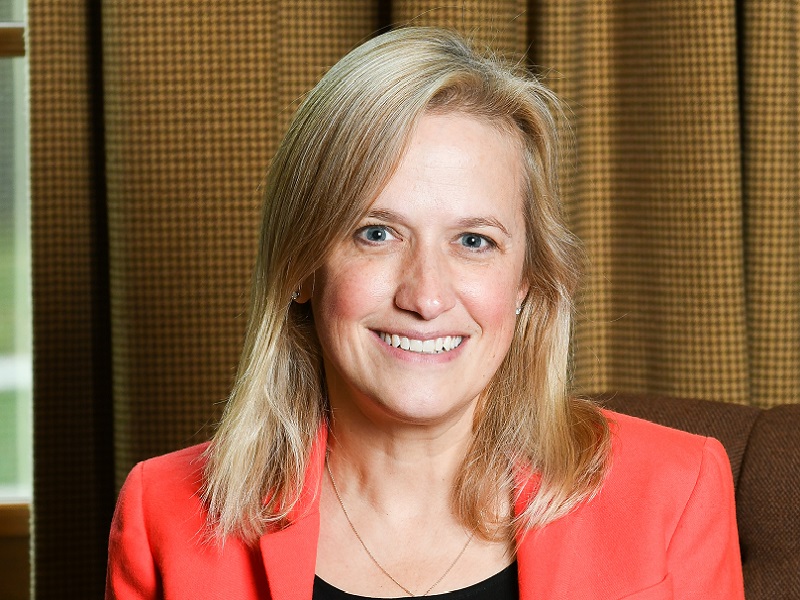

The OPSEU Pension Trust is shifting toward responsible investing as environmental, social and governance factors become increasingly more material to returns for institutional investors.
“We’re seeing a lot of shifting sands around consumer preferences and expectations,” said Alison Loat, managing director of sustainable investing and innovation at OPTrust, during a session at the Canadian Investment Review‘s 2021 Investment Innovation Conference. “There’s also a lot of pressures from our stakeholders asking us to explain, with a lot more clarity, how we’re managing their money with respect to these issues. . . . We’re starting to evolve both our approach and how we communicate that approach, trying to be honest about the challenges and accessible in the way we communicate this to our beneficiaries.”
Read: How the OPTrust is taking a sustainable approach to investment
In addition, she highlighted the growth of regulatory attention and disclosure expectations related to sustainable investments. “[The Ontario government] hasn’t made any declarations, but we’ve been seeing our sister and brother plans in the U.K. are almost all being effectively required to announce net-zero strategies.”
In 2007, the OPTrust began including responsible investing in its policy statements and established its statement of responsible investing principles. In 2008, it created two dedicated staff positions for ESG. While the plan hasn’t taken much of an exclusionary approach in its responsible investing strategy, Loat noted it divested from tobacco in 2017, in addition to existing divestments from cluster munitions and anti-personnel landmines.
To make better sustainable investment decisions, the OPTrust also established a responsible investing partner evaluation, which is applied to every externally managed new investment, she said. “One of the things we realized is there’s high variability in the way responsible investing is practiced at OPTrust. None of it had a well-defined process, so one of the first things we did was struck a group and spent eight months developing a process . . . . It gives our investment professionals a tool they can easily use and it helps them be more thoughtful about the integration of ESG in their decision-making.”
Read: OPTrust highlights green bonds, sustainable investment team in latest responsible investing report
The pension fund also mandated that capital allocation is focused at the overlap of technology and innovation, investment opportunities and sustainability objectives. “There’s no benchmarks or asset class restrictions, so it’s wide open for us to think about how we apply [capital].”
In early 2020, the OPTrust also opted to focus on earlier stage investments than it would traditionally consider, said Loat, adding this focus was primarily on funds with a climate solution thesis. “That’s exposed us to lots of interesting innovations as well as the immaturity in that market, which surprised us.”
She also noted climate change will require the OPTrust to look at different ways of assessing its funded status in the future. “In a matter of years, we’ll see significant shocks to the financial system and asset repricing, breaching the way we assess our funded status. [We’ll need] asset class-specific criteria to identify the highest-risk individual assets or strategies to develop better ways of assessing climate impacts.”
Read more coverage of the 2021 Investment Innovation Conference.
